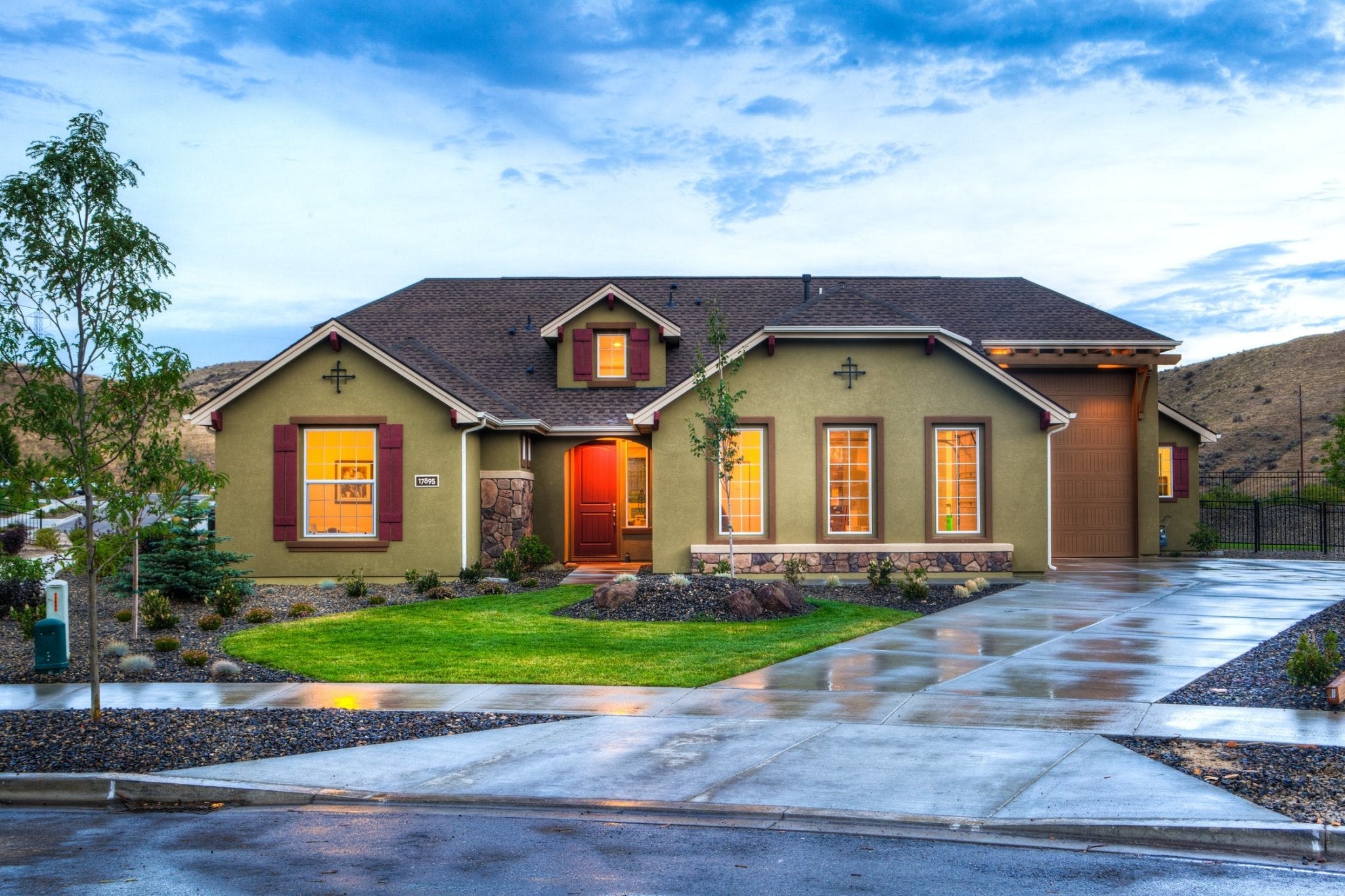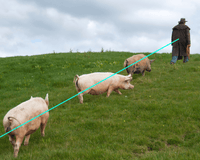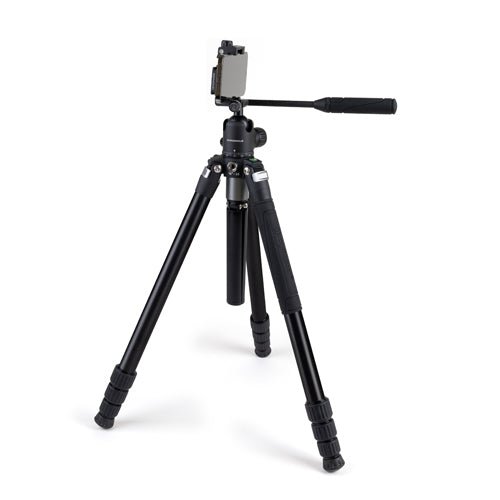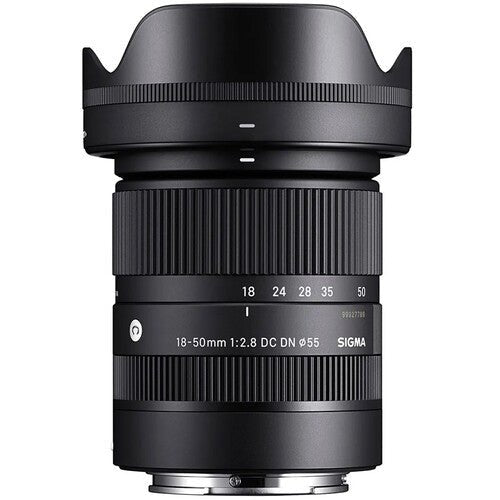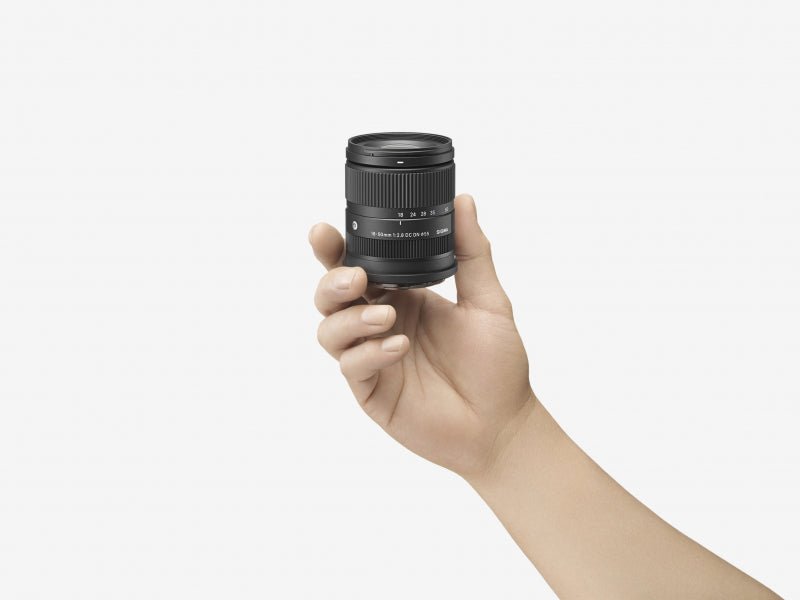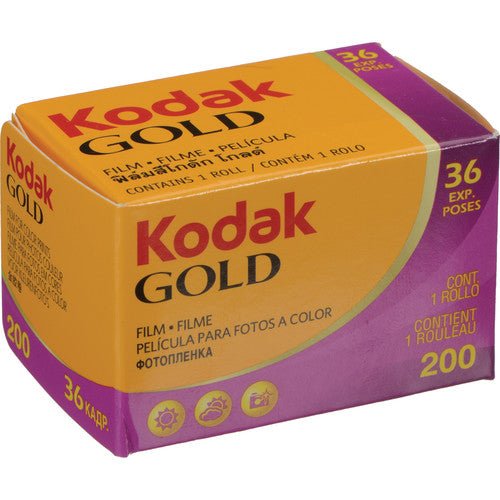Real estate photography plays a crucial role in the real estate industry. Many people base their decision on those first impressions that show up through house hunting search engines.
Ultimately, this industry of photography is a bit different than others mainly because of its business standpoint. You will need to find a good balance between art and business. Although you can get a bit creative, your style is what makes you unique. You want to capture your client's property and show a polished manner.
• No False Advertising
Make sure you capture the home as it is. Don't be tricky and take photos that aren't depicting the house accurately. Although you do want to use angles that show the home as it is and not make any rooms look too small or too big. Use a tripod that is level with the floor.
• Bring the Right Gear
Make sure you pack the essentials before you walk out the door. You should always have a tripod, backup storage and, a few lenses. Bring a macro lens to get close-ups and a wide-angle lens to capture rooms in one shot. You'll need a focal length of 14mm or 16mm.
• Lighting
Lighting options are a personal preference. Some photographers choose to use only natural light from the windows of the house (turning off all interior lights). Using this option can usually capture colors as they are. Keeping lamps and ceiling lights off will help in the post-processing step as well. These lights can emit funky colors in photographs. Another option is to use strobes if natural light is lacking. Always remember to be careful when using a wider aperture with low light. You risk having out-of-focus photographs. Use a narrow aperture for a deeper depth of field.
• Let's Talk Business
Your connection in this industry is real estate agents. Working well with real estate agents so they hire you to take photos of their listings. Network as much as you can with them and even real estate brokers. These connections will be crucial in getting jobs. The better photos you take, the more opportunity you will have to continue to get calls. Always keep a professional attitude towards them and the homeowner trying to sell their property. You want the homeowner to be happy with the photos you take. If the homeowners are dissatisfied, they can ask their agents to find a new photographer (eek!). Selling a house is one of the more stressful life events people will go through. Take your photos and in a timely matter and edit quickly. Doing this will help the realtor go live on realtor search engines. Having a sense of urgency will be beneficial in this industry.
Another part of this is creating your portfolio (Wix or Squarespace are great resources). You want to build your clientele so they can see what your aesthetic is and get a good idea of your work. Once you've completed a few jobs, ask for reviews that you can add to your portfolio.
So, how should you set up your pricing? Well, this all depends on what you think is best. You can charge by the following:
• How many photos are wanted?
• How many rooms will your take pictures of?
• Total square footage of the property.
Larger homes might offer more photo opportunities which will require more work. You will also want to consider an hourly rate for post-processing.
•Drone Photography
Another thing to consider is a drone and aerial photography. Using these techniques is great for homes with a lot of land. This helps to showcase how large the property is and what the layout is. This is also great to show off the backyard of many luxury homes. Of course, you will want the right equipment for this. We recommend DJI drones.
•Virtual Tours
Offering virtual tours is a great booster for your portfolio. Some agents may like this option, and others might not. Some real estate agents feel this takes away from getting a potential buyer to come into the home and take a real tour. However, this is an excellent option for homes with a lot to offer. Use a camera with the ability to take video.
Ultimately, real estate photography can be a lucrative industry, especially with the current housing market. Do your research and practice on friends' homes to start your portfolio and get a feel of your aesthetic and what you have to offer if this is the industry you want to be involved in.

